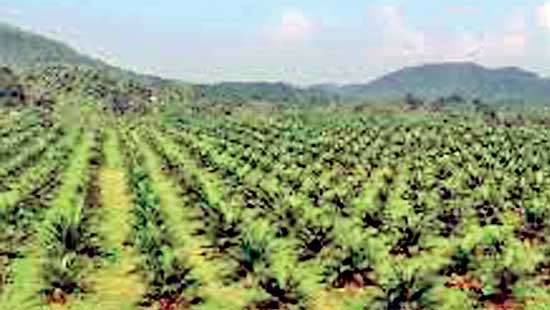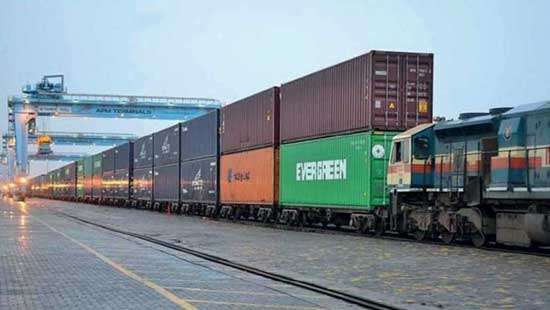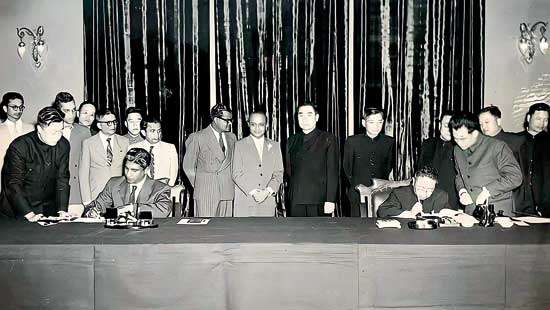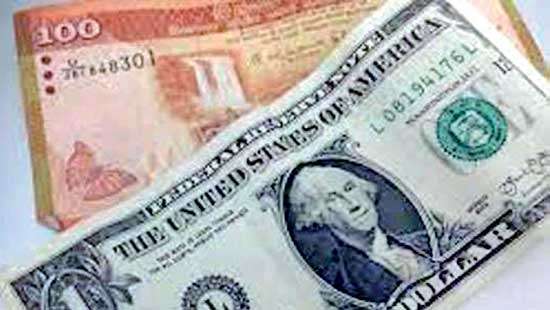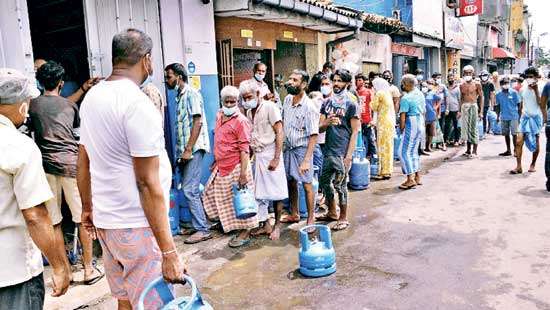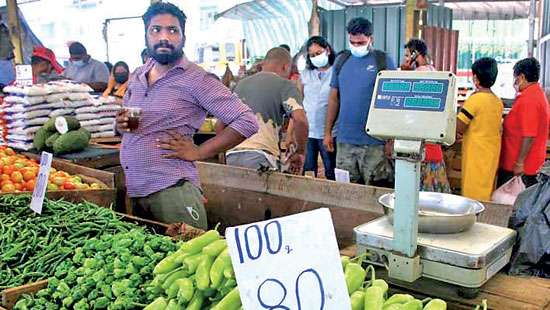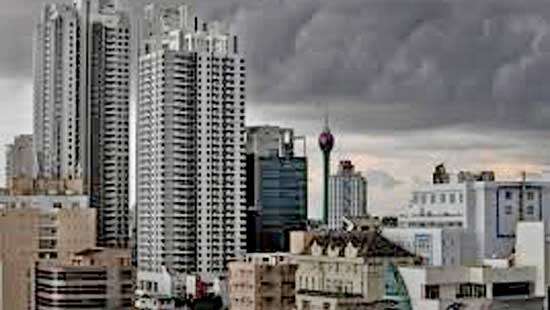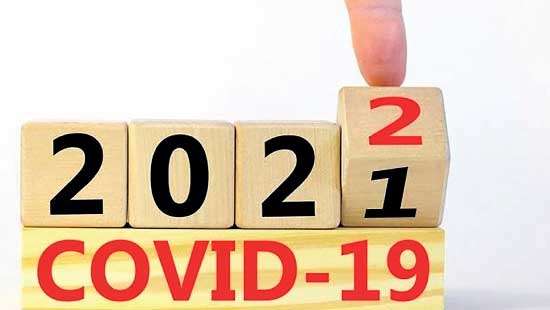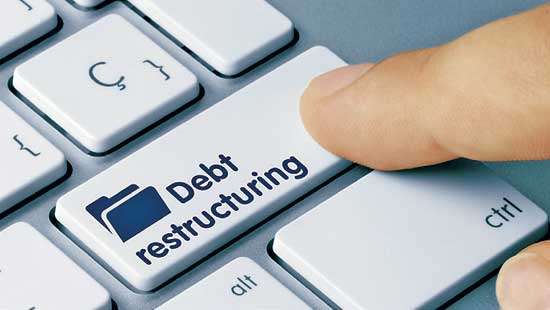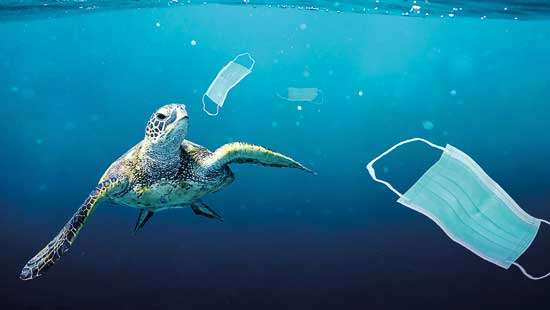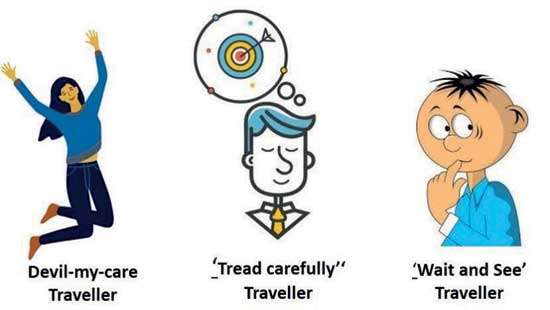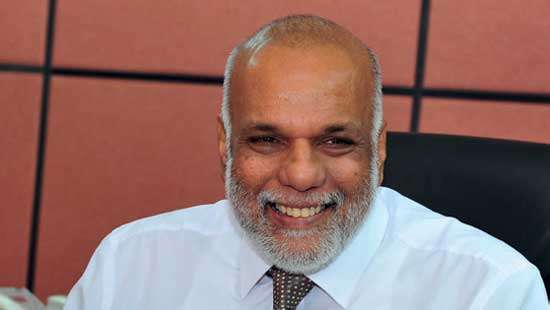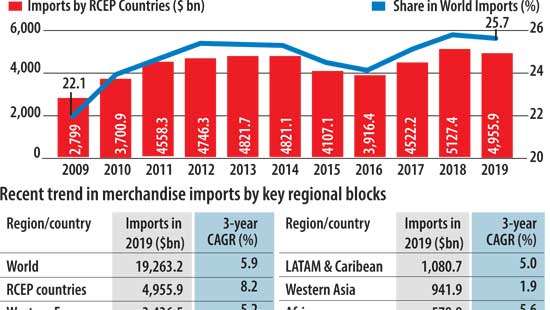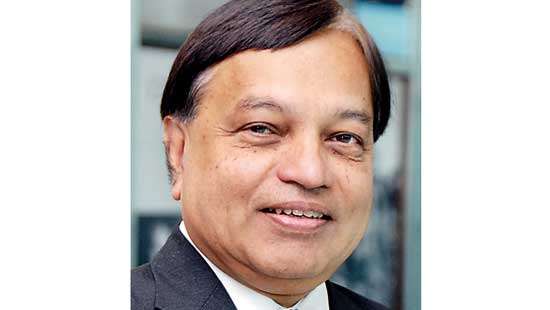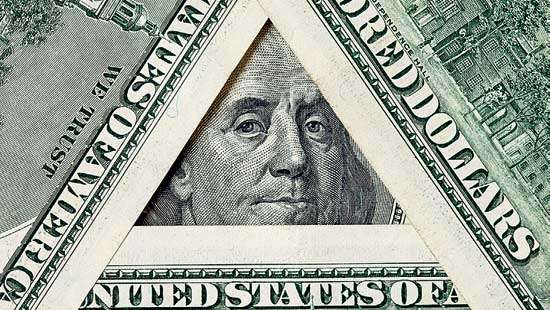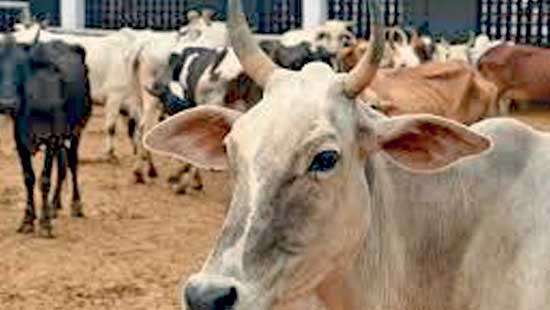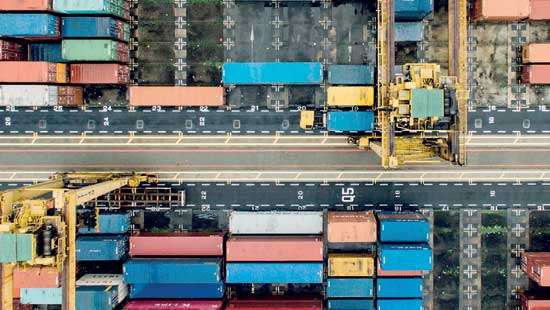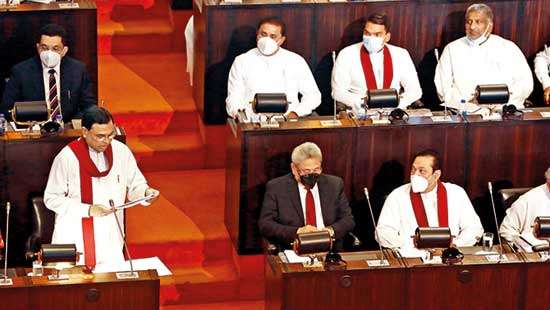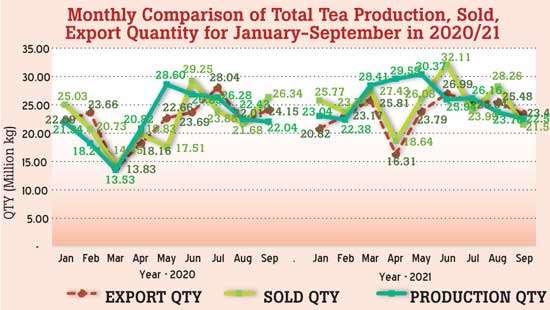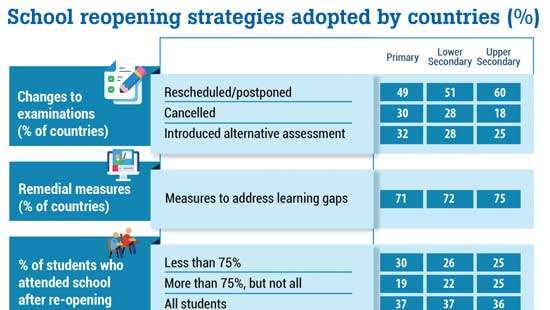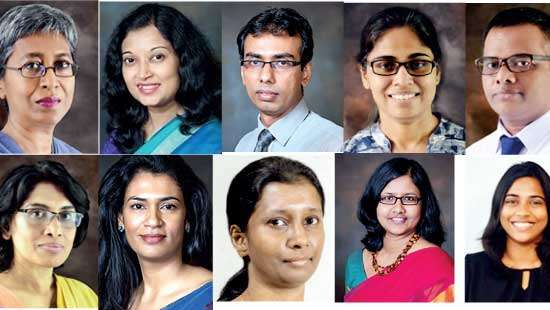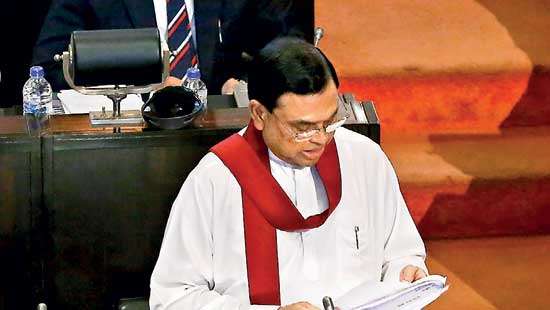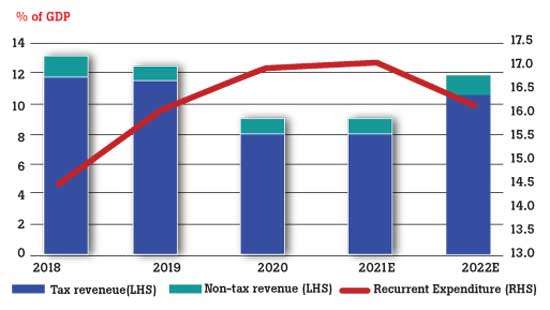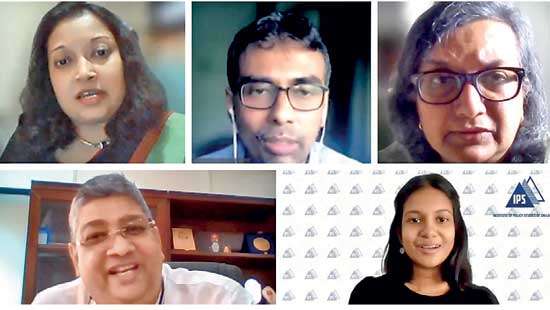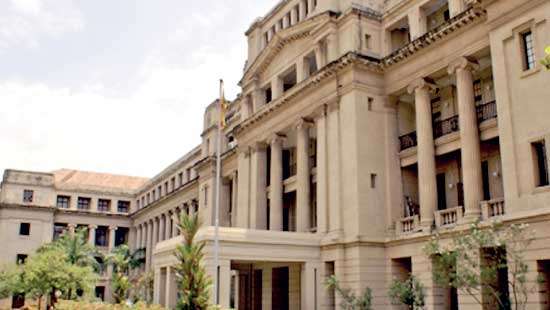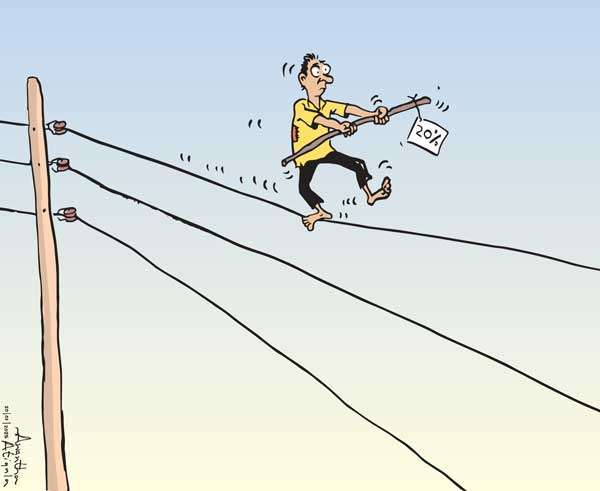Editorial
At 73, the road not yet taken, will it be end of the road for Sri Lanka?
07 Jan 2022
 0
0
Sri Lanka is approaching its 73rd year, post independence from its colonial masters – the British Empire. It is unfortunately still struggling to make use of the one advantage, a non-depletable natural resource: geographical location. The location provides a natural focal point for shipping and airline operations, generally known as a logistics hub.
State of economy of a state
05 Jan 2022
 0
0
Every economy in the world, may it be developed or developing, is a topic for discussion today. Some economies are being discussed for their achievements, sound management, good governance, high growth, overcoming crisis and other positivity. Other economies are being discussed for opposite reasons. Sri Lankan economy drifted gradually from the former category to the latter while its peers moved in the other direction.
Tangled diplomacy of Sri Lanka’s currency crisis
03 Jan 2022
 0
0
Sri Lanka ends 2021 with foreign currency reserves in hand worth US$ 1.6 billion to support a month of imports. For much of the year, a shortage of dollars saw uncleared essential imports piling up at the Colombo port as domestic prices soared.
Nightmare scenario: A default on sovereign debt
30 Dec 2021
 0
0
On December 17, 2021, Fitch downgraded Sri Lanka’s rating to ‘CC’, the lowest rating prior to default. With external reserves at around US $ 1.6 billion and almost US $ 1 billion in debt-service payments coming due in January 2022 (and US $ 7 billion during the coming year),
What could happen in 2022?
29 Dec 2021
 0
0
“It was the best of times, it was the worst of times, it was the age of wisdom, it was the age of foolishness, it was the epoch of belief, it was the epoch of incredulity, it was the season of light, it was the season of darkness, it was the spring of hope, it was the winter of despair.”
Sri Lanka has no choice but to restructure external debt
27 Dec 2021
 0
0
Has the time come to consider seriously the merits of restructuring the government’s external debt obligations? The Sri Lankan authorities have indicated that they are in the process of negotiating inflows to meet the country’s immediate foreign exchange requirements.
Plastic pandemic: Ecological fallout of COVID-19 and policy options for Sri Lanka
08 Dec 2021
 1
1
The lockdowns introduced in 2020 to curb the spread of COVID-19 saw the narrative ‘nature is healing’ gain prominence. However, the notion that nature, in the absence of people, was healing fizzled out fairly quickly with the emergence of fresh environmental challenges, most notably, the resurgence of single-use plastics.
EDB confident of future prospects of export sector
06 Dec 2021
 0
0
As the country’s exports continue to recover from the COVID-19 pandemic, the Sri Lanka Export Development Board (EDB) remains confident of the future prospects of the country’s export sector, with its focus to break into premium markets.
Ponzi schemes in SL: What they are, how they work and knowing how to spot one
29 Nov 2021
 0
0
Carlo Charles Ponzi was an Italian immigrant whose stay in the United States is memorialised in relation to his swindling of US $ 20 million from investors in the 1920s. The amount would be equivalent to cool US $ 258 million in today’s terms and stands to reason why a specific type of financial fraud is now known as ‘Ponzi schemes’, with reference to Charles.
Seven Business Lessons to learn from Yohani
25 Nov 2021
 0
0
Yohani Diloka de Silva created history with multiple achievements. No Sri Lankan has a YouTube video clip, music or otherwise, that has crossed even 20 million likes. (By the time of writing Yohani’s “Menike Mage Hithe” has reached 183 million plus likes) No Sri Lankan has ever grabbed the attention of the Indian subcontinent as she did.
Cattle slaughter ban: It’s not intentions but consequences that matter
24 Nov 2021
 0
0
The Cabinet of Ministers approved the bill to amend laws to ban cattle slaughter in the third week of October. While this is a contentious policy measure, it did not come as a surprise as the Prime Minister proposed the same policy just over a year ago in September of 2020.
Sri Lanka’s digital economy has reached 4.37% of GDP: Policy paper
16 Nov 2021
 0
0
The Information and Communication Technology Agency (ICTA) of Sri Lanka in collaboration with UNCTAD (United Nations Conference on Trade and Development) launched a Policy Paper on the Digital Economy of Sri Lanka at a virtual event held recently.
CA Sri Lanka’s annual budget seminar today
15 Nov 2021
 0
0
The highly awaited annual budget seminar, organised by the Institute of Chartered Accountants of Sri Lanka (CA Sri Lanka), will be held today featuring top government officials and business leaders, who will share their insights and observations on the government’s budget for next year.
Equity in recovery: Addressing Sri Lanka’s social protection and food security needs
12 Nov 2021
 0
0
Sri Lanka’s social protection and food insecurity amidst COVID-19 came into focus at the third and final session of a webinar series held recently to mark the release of the ‘Sri Lanka: State of Economy 2021’ report, the annual flagship publication of the Institute of Policy Studies of Sri Lanka (IPS).
Budget 2022 requires bold and considered measures with medium-term view
12 Nov 2021
 0
0
The government promises a non-traditional budget this weekend, as the nation awaits the details of a fiscal policy programme it hopes will spell the way out of the current economic crisis. Alongside impetus to drive production, entrepreneurship and investments, the government must give serious consideration to laying a foundation for revenue growth, which is critical to map sustainable long-term solution for the country’s economic woes.

CBSL identifies 21 companies engaged in prohibited schemes
12 Nov 2021
 0
0

Trump launches cryptocurrency with price rocketing
12 Nov 2021
 0
0

SEC extends deadline for corporate finance advisor licensing
12 Nov 2021
 0
0

ICFS to host University Spot Admission Day on January 18
12 Nov 2021
 0
0

Pay the rent of Rs. 4.6Mn or vacate the residence: AKD tells MR
12 Nov 2021
 0
0

Inclement weather causes havoc again
12 Nov 2021
 0
0

Shooting in Mt.Lavinia linked to underworld dispute kills one
12 Nov 2021
 0
0

President to visit UAE as next official visit
12 Nov 2021
 0
0



